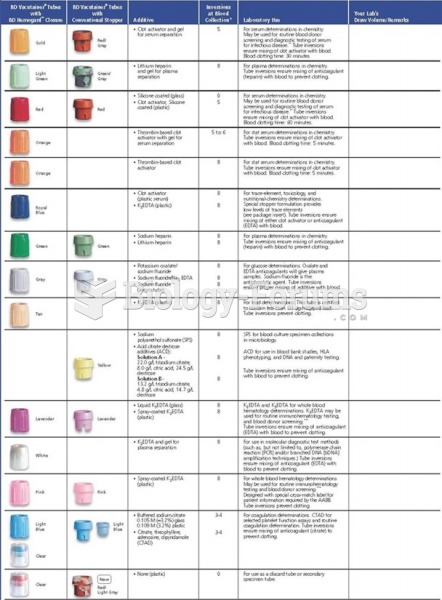|
|
|
When taking monoamine oxidase inhibitors, people should avoid a variety of foods, which include alcoholic beverages, bean curd, broad (fava) bean pods, cheese, fish, ginseng, protein extracts, meat, sauerkraut, shrimp paste, soups, and yeast.
After 5 years of being diagnosed with rheumatoid arthritis, one every three patients will no longer be able to work.
Medication errors are more common among seriously ill patients than with those with minor conditions.
The eye muscles are the most active muscles in the whole body. The external muscles that move the eyes are the strongest muscles in the human body for the job they have to do. They are 100 times more powerful than they need to be.
Between 1999 and 2012, American adults with high total cholesterol decreased from 18.3% to 12.9%







